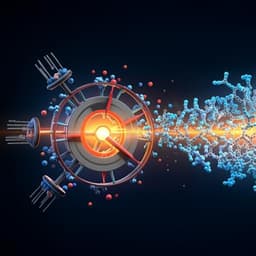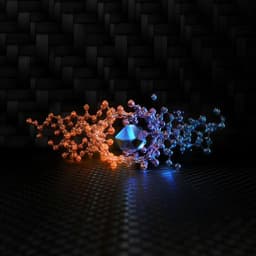
Engineering and Technology
Breaking solvation dominance of ethylene carbonate via molecular charge engineering enables lower temperature battery
Y. Chen, Q. He, et al.
Explore the groundbreaking research by Yuqing Chen and colleagues that reveals a modified electrolyte designed to enhance lithium-ion battery performance at frigid temperatures. With remarkable ionic conductivity at -90 °C and unmatched functionality around -100 °C, this innovation could transform battery technology in extreme conditions.
~3 min • Beginner • English
Related Publications
Explore these studies to deepen your understanding of the subject.







